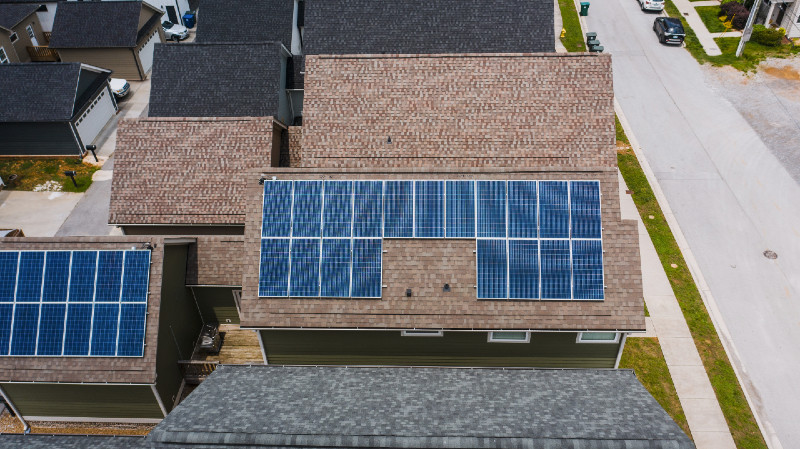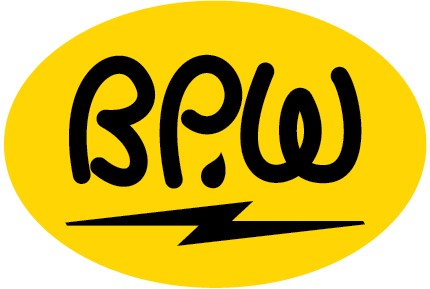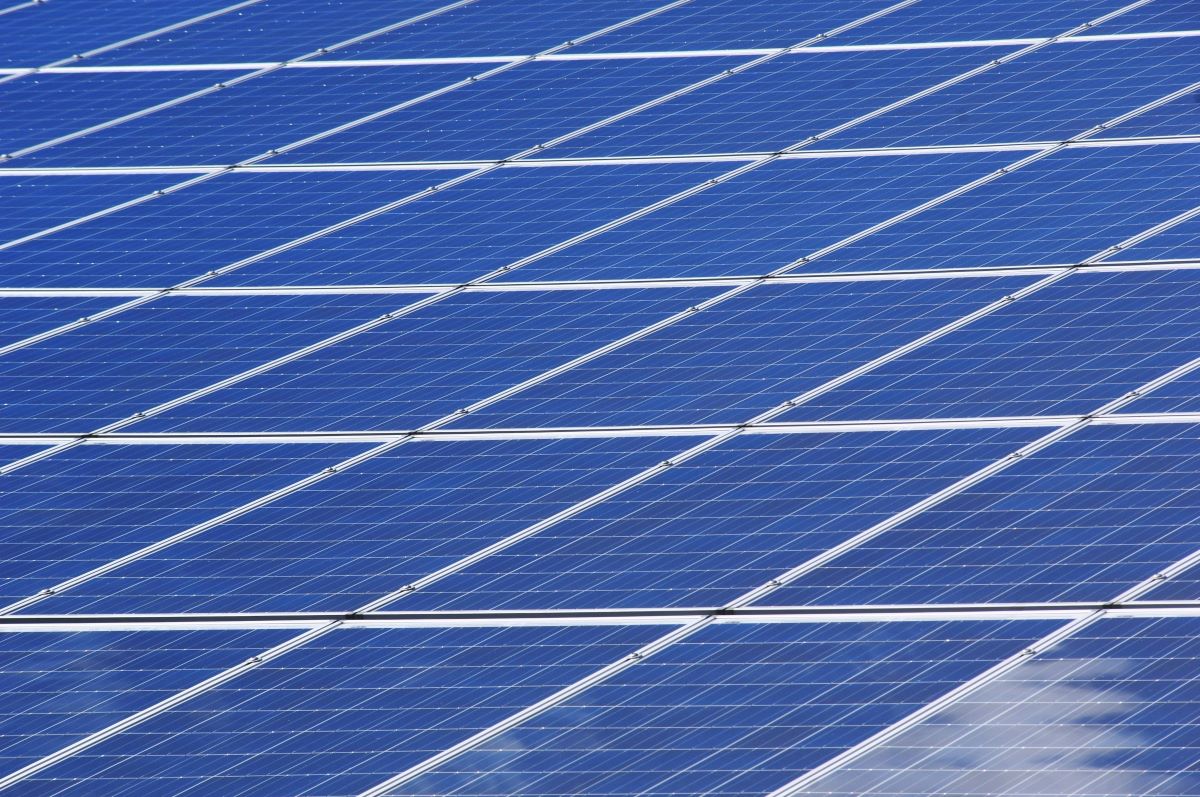Holland Board of Public Works has launched a new online solar calculator to help residential electric customers decide whether to go solar.
Solar power is becoming increasingly popular as homeowners seek sustainable, cost-effective energy solutions. Before deciding to invest in solar panels, it’s important to know how much they cost, the potential savings and how they impact the environment. To help decide all that, the new calculator is accessible at hollandbpw.com/en/solar-calculator.

The calculator requires users to input basic details about their property and its location, as well as average monthly electric bills. With this information, it generates a suggested solar array size, how much it would cost to install and the payback period for the project. It can also factor in items like battery systems and federal tax credits.
Users can see the anticipated savings on electric bills over time based on Holland BPW’s rates, which also reflects the charges customers would continue to pay to be connected to the grid and buy electricity when they still need it.
For those who like the idea of reducing their carbon footprint but are hesitant about the upfront cost of solar panels, customers can opt for Holland BPW’s Elective Renewable Rate. Currently, around 15% of the energy supplied by Holland BPW to customers comes from renewable sources.
By paying an additional one cent per kilowatt-hour, homeowners can ensure that all the electricity consumed by their residence is from renewable sources. This usually comes out to an extra $5 to $10 per month, much less than the cost of solar panels. Visit hollandbpw.com/elective-renewable-energy for more information.

Each energy source, whether solar, wind, or conventional fossil fuels, has an impact on the environment at some point in its lifecycle. While going solar does reduce your electricity bills and carbon footprint, it's essential to acknowledge that solar energy isn’t entirely pollution-free.
Although solar panels don’t emit harmful air pollutants during operation, their production and disposal carry environmental impacts. The extraction of metals for solar panel production involves mining and, for now, most panels end up in landfills at the end of their lifecycle.
That’s one reason it’s important to address your home’s overall energy efficiency before considering adding solar. If you can reduce your home’s unnecessary electric demands, you'll reduce your bills and associated emissions whether or not you decide to pursue solar.
But if you do ultimately decide to install solar, you can install a smaller system than you would've needed otherwise. Use our energy waste reduction programs and new solar calculator to make and implement a plan that works for you.


